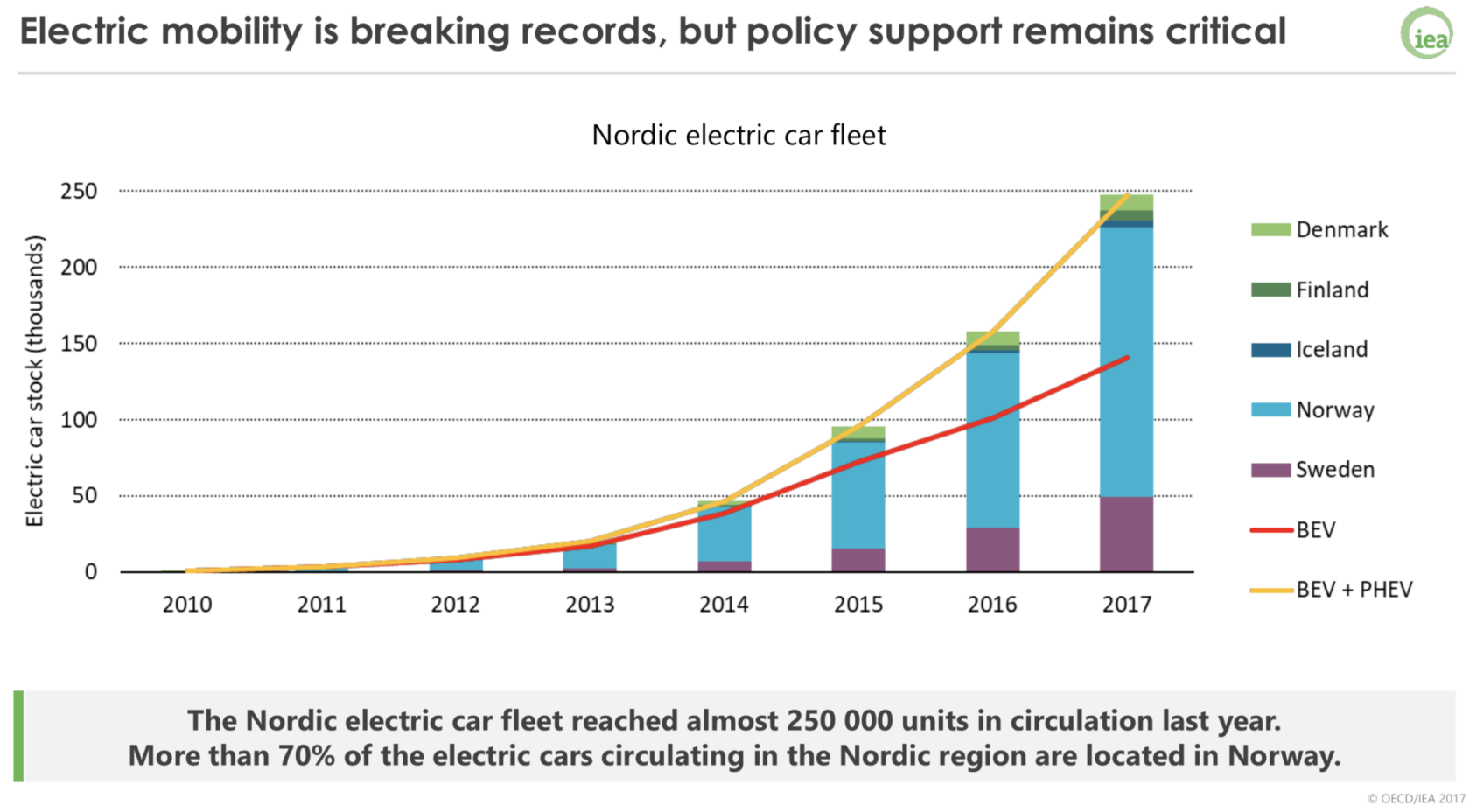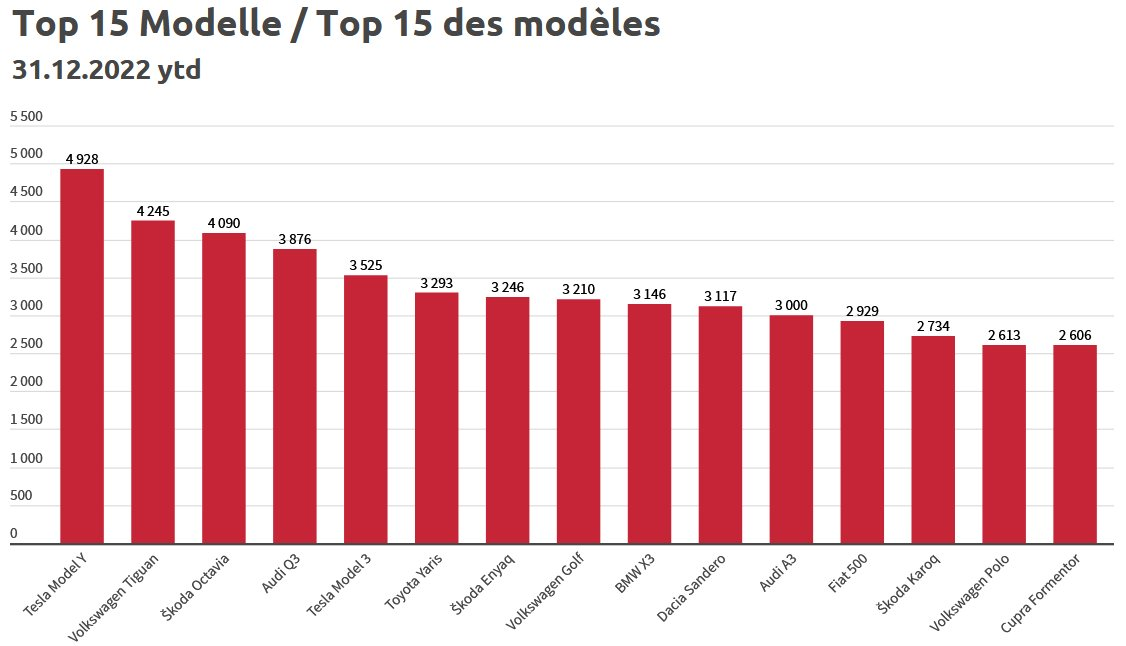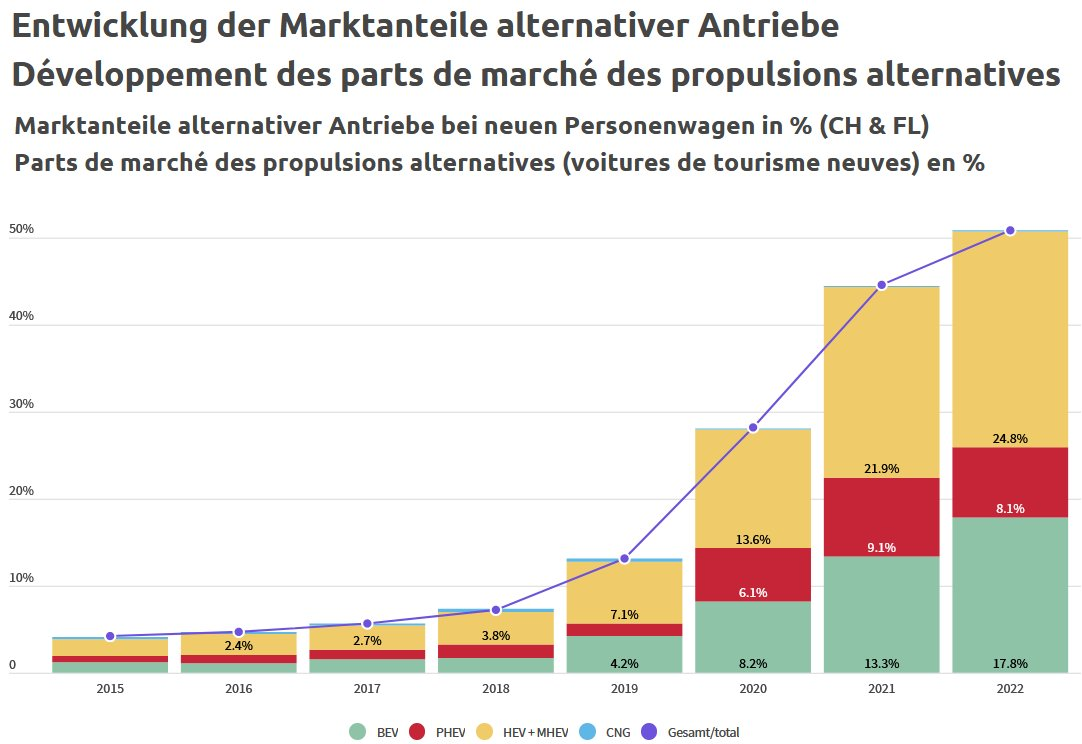“In Norway it is more expensive to recharge an electric car than to refuel gasoline, and in Switzerland their use is restricted.”
While many countries hope to eliminate combustion vehicles by 2035 and adopt electric cars instead, the current political and economic situation due to the war between Russia and Ukraine has increased the price of energy and led to energy laws in some places.
This has led to concerns about electricity supply and even talk of “energy poverty” due to high costs and energy shortages in some countries.
In Norway, recharging an electric car is more expensive than filling up with gasoline, while in Switzerland, limitations on the use of these vehicles have been raised due to electricity shortages.
Energy scarcity is already a reality that has driven up the price of certain resources.
Disturbing messages
This is happening even before winter has arrived and temperatures have dropped dramatically. The price of gas and electricity has also increased due to energy shortages.
Despite the campaign to promote electric cars, there is worrying and disappointing news from Europe. In Switzerland, where only 2.3% of cars are electric, restrictions on their use have been raised due to energy shortages.
Although Switzerland is known for its electricity production and consumption thanks to its large hydroelectric power plants, it is still heavily dependent on France and Germany, where there is a severe energy crisis this winter.
Large blackouts are expected
In Switzerland, a system of alerts and levels of energy consumption and electricity production has been implemented and although it is not a member of the European Union, its decisions carry great weight on the continent.
Among the measures proposed by Switzerland are limits on heating during the winter to 19 degrees with severe fines for households that do not comply; a ban on the use of heaters in ski resorts; a limit on the temperature of water in washing machines to 40 degrees and, now, the limitation of the driving of electric cars, if the level reaches 3.
In that case, the maximum speed of cars on highways will be restricted and the use of electric cars will be limited to avoid widespread blackouts, allowing their use only for necessary activities such as going to work, the doctor or school.
According to the French grid operator, RTE, electric vehicle charging could also be limited to certain hours during weekdays, such as between 8 am and 1 pm and between 6 pm and 8 pm. These restrictions could apply to private or community garages if the proposals included in “Electricity system outlook for autumn-winter 2022-2023” are implemented.
France has implemented similar measures, although the percentage of electric cars is only 1%. This is because it enjoys less availability from its nuclear fleet than normal, which has led the country to become a net importer of electricity after decades as a net exporter.
In January 2023, the French power grid is more at risk of suffering power supply stress than expected due to lower nuclear power generation. According to Xavier Piechaczyk, head of grid operator RTE, France could face the risk of power outages this winter when electricity supply may not be sufficient to meet demand, forcing them to extend the limitation to the use of certain high-consumption appliances.
In Germany, the situation is similar, as power companies have to make do without Russian pipeline gas supplies. While in Norway, where 16% of cars are electric, recharging used to be cheap or free in many public places, but now a big controversy has arisen.

Norway: Electricity more expensive than gasoline
In 2019, the Oslo municipal corporation completely stopped funding electric car charging at public stations and started charging for their use. The rate ranged from €0.45 to €1.45 per hour, but by 2023 a rate of €1.2 to €4.6 per hour was announced depending on the schedule. However, due to discontent, the rate had to be reduced to €1.8 to €2.5 per hour.
For an average electric car with a 50 kWh battery, this would mean a cost of more than €100 per hour at peak hour, compared to €90 to fill up the gas tank of an equivalent car. However, the range of an electric car is only about 400 kilometers, while that of a gasoline car is about 600 kilometers.
Energy inconsistency
Despite the energy crisis situation that has arisen and the possible measures to limit consumption, news that generate incongruity continue to appear.
In the middle of 2022, Switzerland has purchased an additional fleet of Tesla Model X for its Police, which are in addition to the Hyundai Kona EVs it already had at its disposal. In addition, the Tesla Model Y became the best-selling car in Switzerland in 2022, consolidating the success it has shown throughout the year and the Model 3 took fifth place, adding another Tesla car to the top 5.
Overall, in 2022, vehicles from the manufacturer Tesla were very successful in Switzerland and competed with the most popular gasoline models, taking their market share and achieving high results.
Battery electric vehicles (BEV) have reached 17.8% of the market share of all new car registrations in 2022, and Tesla accounted for 20.6% of all electric vehicle sales.


References:
«Prohibir el uso del coche eléctrico para ahorrar: la apuesta de Suiza que no disgusta a Francia»
“Suiza planea prohibir los coches eléctricos para reducir el consumo de energía.”
“Suiza planea prohibir el coche eléctrico para ahorrar energía”
“Tesla Model Y Became the Best-Selling Car in Switzerland in 2022, Model 3 in 5th Place”
«Switzerland’s St. Gallen police department adds to their EV fleet with Tesla Model Y»

The articles on electric cars in Europe on your blog are really insightful!